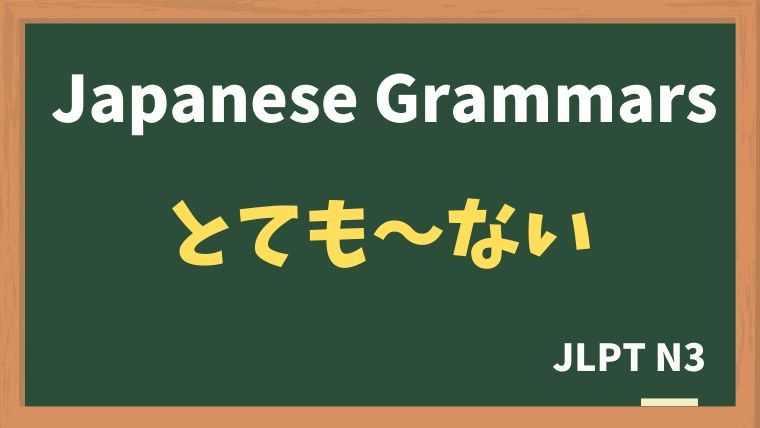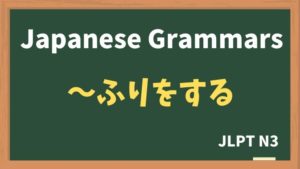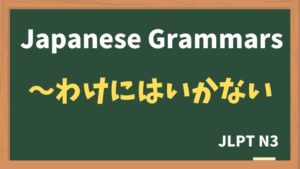
Explanation:とても〜ない
fa-check-circleMeaning
"〜できない / 絶対に無理だ"
"can't possibly"
Used to emphasize that something is impossible or highly unlikely to happen. It expresses a strong sense of impossibility or difficulty.
fa-check-circleForm
とても + V(nai-form)
fa-check-circlePoints
- Expressing Impossibility: "とても〜ない" is often used to stress that something cannot be done or is extremely difficult to achieve.
- Negative Form: The expression is always followed by a negative form of a verb, emphasizing the negative aspect.
- Subjective Judgment: It reflects the speaker's strong belief that something is not feasible or achievable.
fa-check-circleJLPT Level
N3
Sample sentenes
たくさんあって、とても食べきれない。
There’s so much, I can’t possibly finish it all.
せっかく作ってくれた料理なのでまずいなんて、とても言えませんよ。
Since you went to the trouble of making it, I can't possibly tell you that it's not good.
明日までなんて、私にはとてもできません。
I can't possibly finish it by tomorrow.
日本語の新聞なんて、私にはとても読めません。
I can’t read a Japanese newspaper at all.
東京は家賃が高すぎてとても住めません。
Rent in Tokyo is too high; I could never live there.
この本は難しくて、一日ではとても読めない。
This book is so difficult; there's no way I can finish it in one day.
この荷物は重すぎて、一人ではとても運べない。
This luggage is too heavy; there's no way I can carry it by myself.
Vocabulary
| Japanese |
English | |
| 家賃 | やちん | rent |






